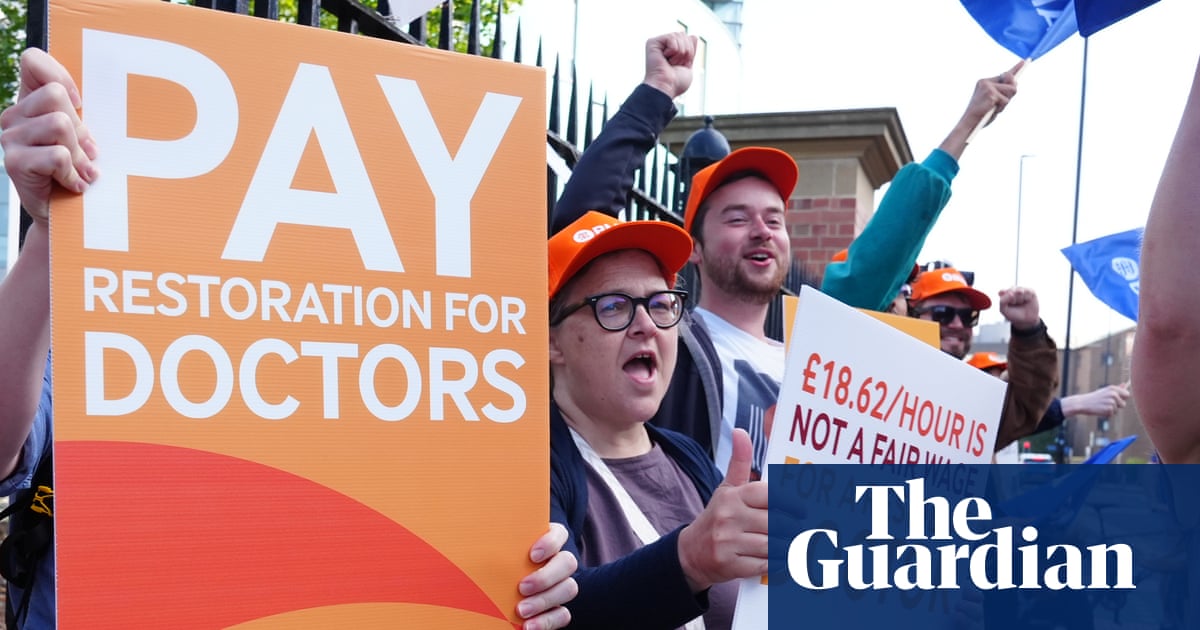T4K3.news
BMA warns NHS plans jeopardize patient safety during doctors' strikes
BMA raises concerns over NHS plans as resident doctors prepare to strike for better pay.
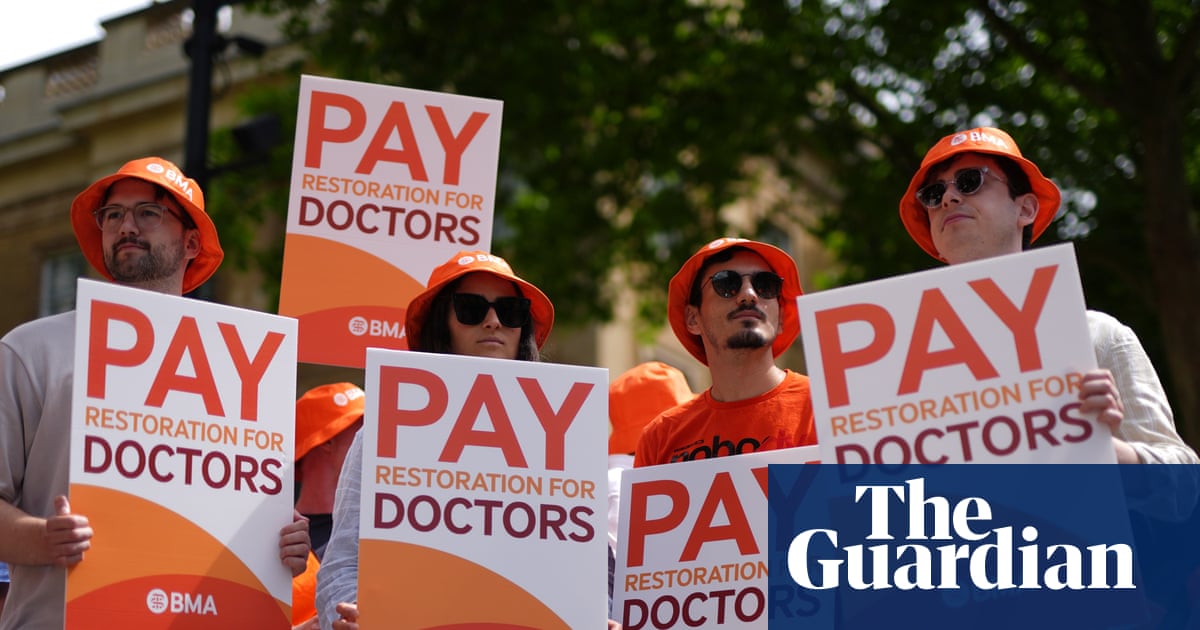
The BMA criticizes NHS plans for upcoming strikes by resident doctors over safety concerns.
BMA warns NHS plans jeopardize patient safety during doctors' strikes
The British Medical Association (BMA) has raised serious concerns regarding the NHS's strategy for dealing with impending strikes by resident doctors. Scheduled from 7am on July 25 to 7am on July 30, approximately 50,000 resident doctors in England will participate in the industrial action, demanding a 29% pay increase. According to the BMA, recent changes in NHS directives risk compromising patient safety by insisting hospitals continue non-urgent care during the strikes. BMA representatives have urged the NHS to reconsider these instructions, stating that the current staffing model is insufficient to safely manage both elective and emergency care. NHS leaders have defended the decision, arguing that maintaining as much care as possible is essential for patient safety.
Key Takeaways
"Your decision stretches safe staffing too thinly and risks patient safety."
Dr. Tom Dolphin emphasizes the dangers of the NHS's current plans.
"We can run strikes safely if planned properly, as we have done in the past."
Dr. Emma Runswick remarks on the potential for safe strike organization.
"The safest thing is to maintain as much urgent care as possible during strikes."
Prof. Meghana Pandit reinforces the NHS's position on handling strikes without compromising care.
"We need a 29.2% pay rise to reverse pay erosion since 2008-09."
BMA asserts that resident doctors need significant pay increases to address financial concerns.
This situation highlights a troubling trend in healthcare labor relations, where financial constraints often overshadow patient safety. The ongoing dispute between the BMA and NHS leaders reflects deeper issues within the system regarding staffing, pay, and working conditions. With striking doctors feeling underappreciated and overworked, the calls for better compensation are likely to intensify if negotiations do not yield favorable results. As the strikes approach, the balance between maintaining care and ensuring safety becomes increasingly precarious, illustrating the complex interplay between healthcare funding and labor rights.
Highlights
- Plans that compromise patient safety cannot stand.
- Striking doctors are capable of safely delivering necessary care.
- A safer healthcare system is a fundamental right.
- We must prioritize patient safety above all else.
Potential risks to patient safety during doctors' strikes
The BMA warns that current NHS plans to continue non-urgent care could jeopardize patient safety amidst the strikes. The decision to stretch staffing resources may lead to increased risks in both emergency and scheduled care. This situation highlights the precarious balance between managing care and ensuring safety during industrial action.
The outcome of these negotiations may set a precedent for future labor disputes in the healthcare sector.
Enjoyed this? Let your friends know!
Related News

Medical Colleges urge doctors to inform hospitals about strike plans
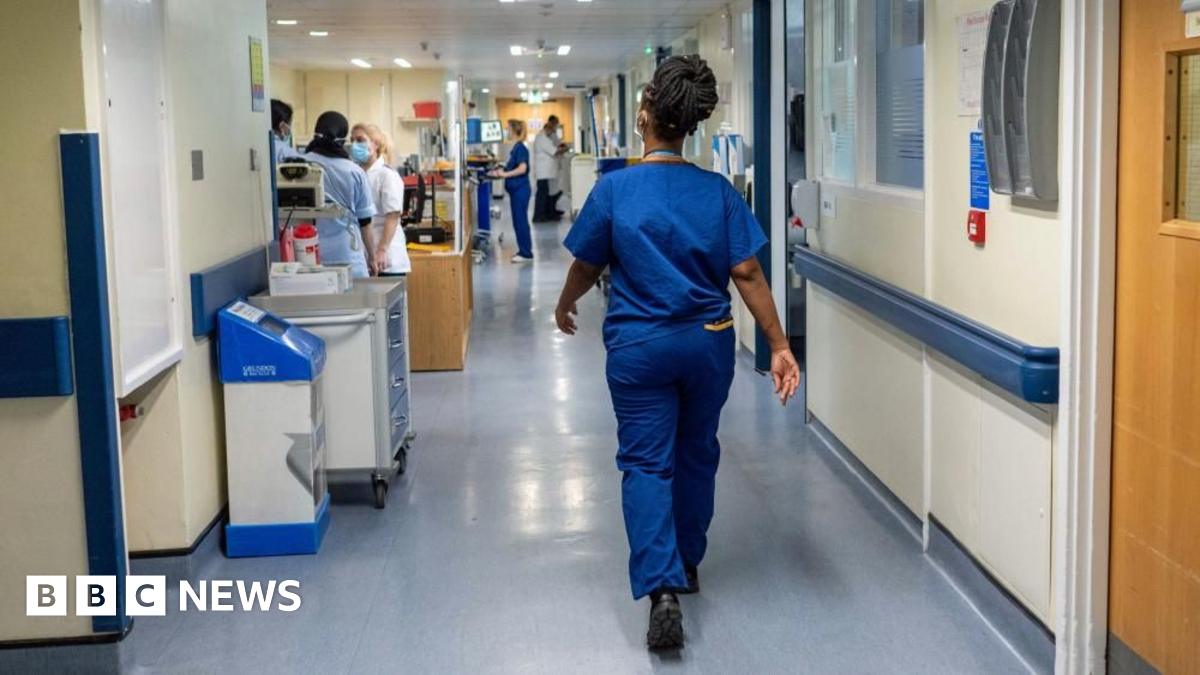
NHS leaders pledge to maintain care during upcoming strikes
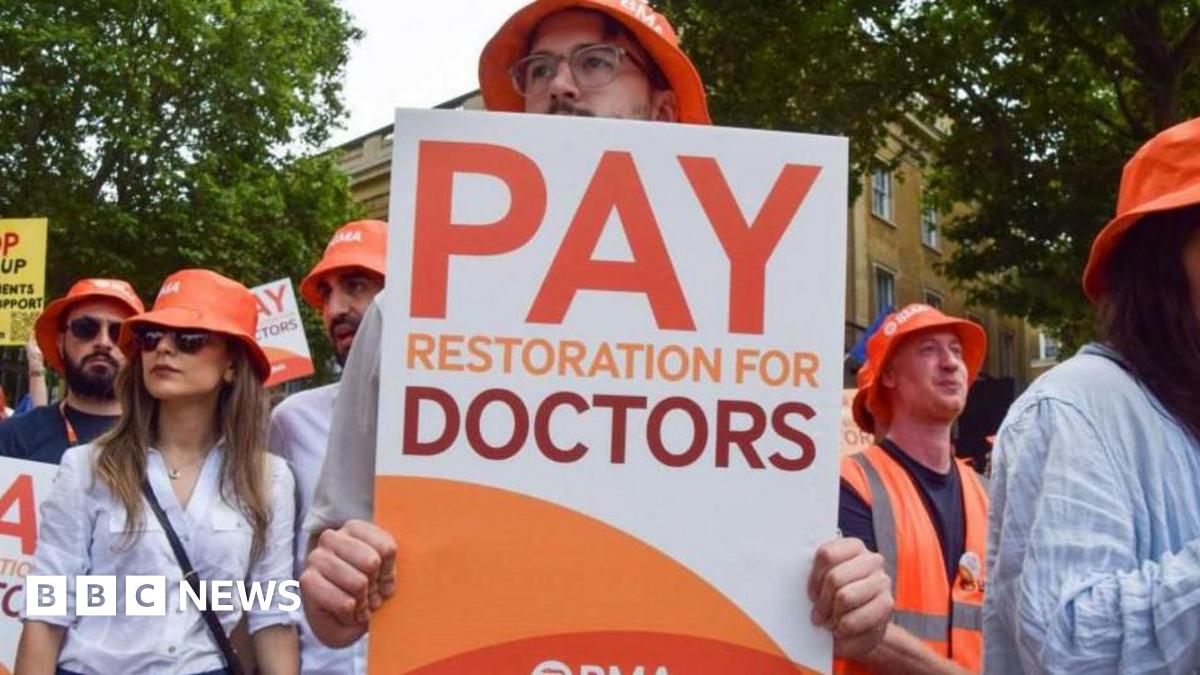
Resident doctors begin five-day strike
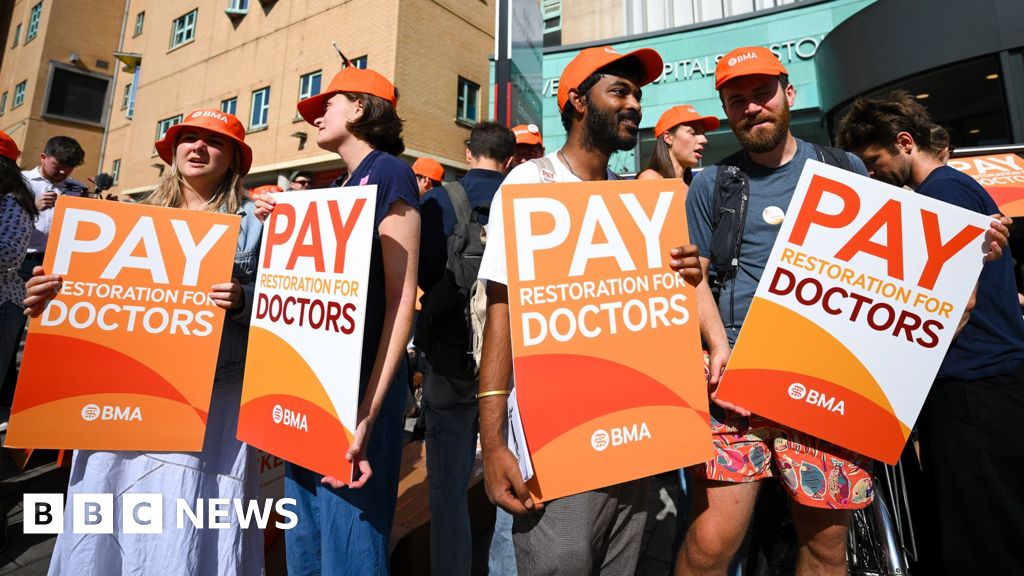
BMA blocks emergency requests for striking doctors
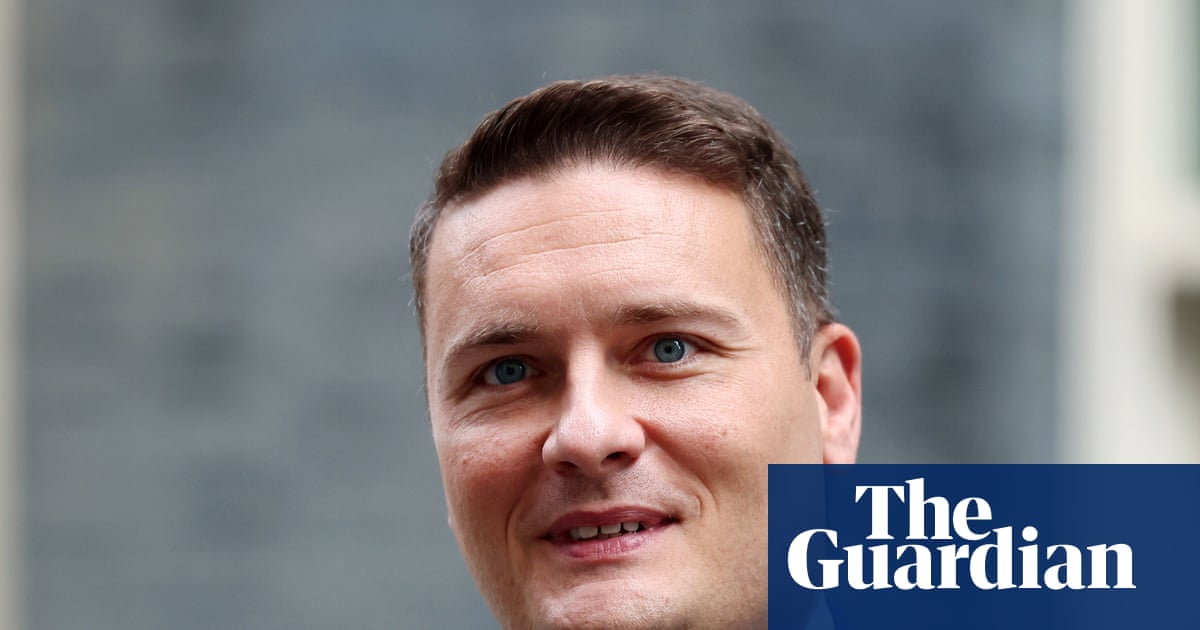
Wes Streeting warns against resident doctors’ strike

Resident doctors in England begin five-day strike
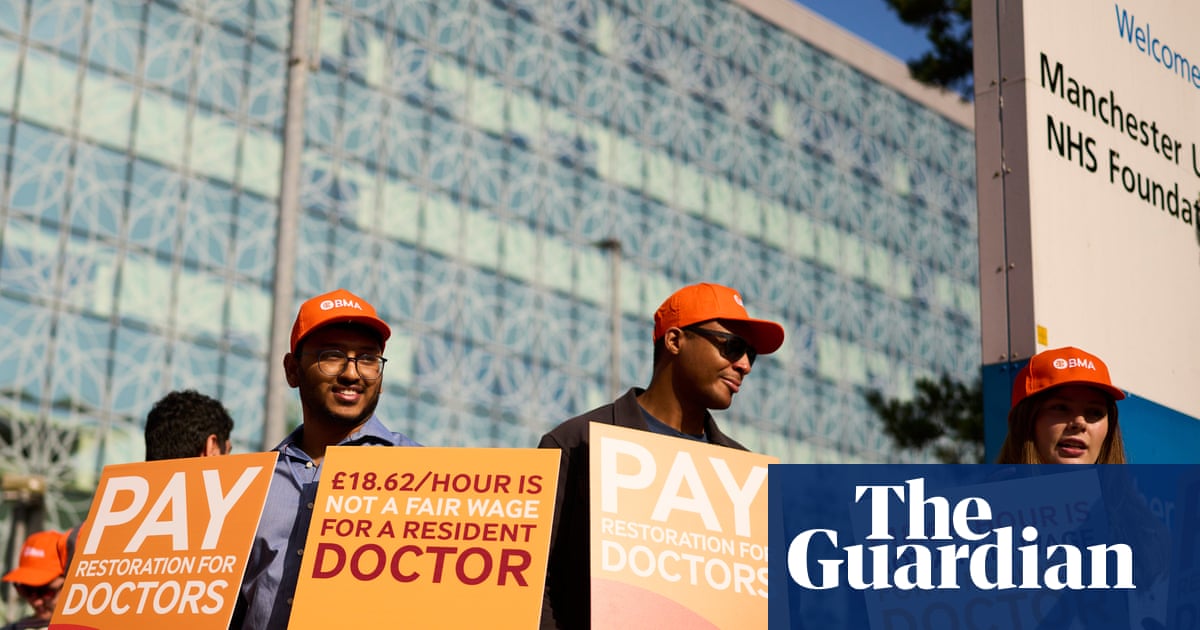
Wes Streeting warns doctors cannot win against the government
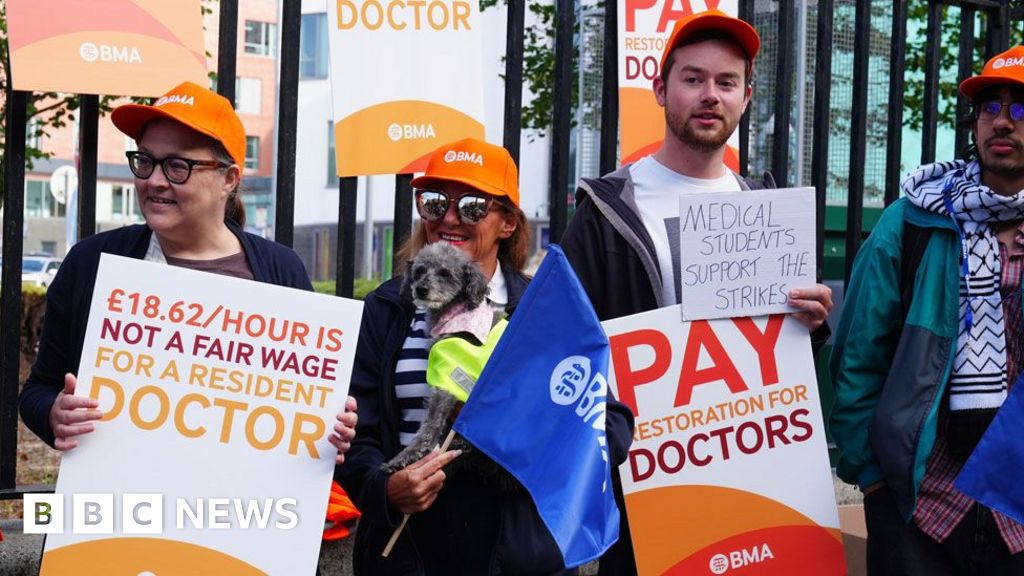
NHS faces challenges as doctor strike begins
